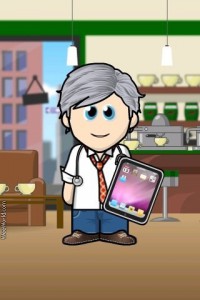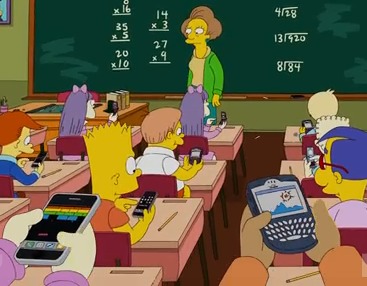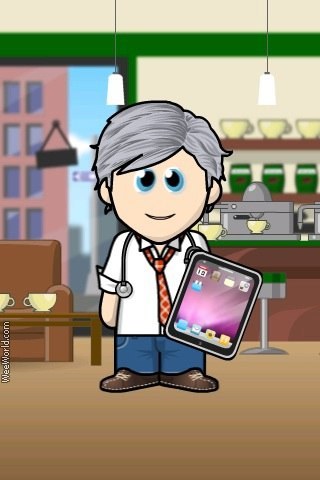Feb 04 2012
How To Learn New Stuff Part ThreeTaking notes during class?
Studying one topic at a time?
Having the same place to study each day?
As it turns out, alll are exactly the opposite of the best strategies for learning.This time last year we looked at basic learning strategies (test erly test often) and the strategy known as Mindburning – controlled unforgeting.
http://whatilearnttoday.com.au/how-to-learn-new-stuff
http://whatilearnttoday.com.au/mind-burning-how-to-learn-new-stuff-part-2
Geek Dad recently blogged about his interview with Robert Bjork, the director of the UCLA Learning and Forgetting Lab, a distinguished professor of psychology, and a “massively renowned expert on packing things in your brain in a way that keeps them from leaking out.”
http://www.wired.com/geekdad/2012/01/everything-about-learning/
“People tend to try to learn in blocks,” Bjork said. “Mastering one thing before moving on to the next.”
Instead of doing that Bjork recommends interleaving. The strategy suggest that instead of spending an hour working on your tennis serve, you mix in a range of skills like backhands, volleys, overhead smashes, and footwork.
Similarly, studying in only one location is great as long as you’ll only be required to recall the information in the same location. If you want information to be accessible outside your dorm room, or office, or nook on the second floor of the library, Bjork recommends varying your study location.
The third tip relates to the the spacing effect, which we discussed in the WILT post on mind burning.
“If you study and then you wait, tests show that the longer you wait, the more you will have forgotten,” Bjork said.”But here’s the cool part: If you study, wait, and then study again, the longer the wait, the more you’ll have learned after this second study session.
Bjork explains it this way: “When we access things from our memory, we do more than reveal it’s there. It’s not like a playback. What we retrieve becomes more retrievable in the future. Provided the retrieval succeeds, the more difficult and involved the retrieval, the more beneficial it is.”
“Bjork also recommends taking notes just after class, rather than during — forcing yourself to recall a lecture’s information is more effective than simply copying it from a blackboard. You have to work for it. The more you work, the more you learn, and the more you learn, the more awesome you can become.”
More details ar in Geek Dad’s blog on Wired.
http://www.wired.com/geekdad/2012/01/everything-about-learning/
So there you go Oliver and Harry – no excuse for forgetting anything during Year 12 this year.




 RSS - Posts
RSS - Posts

